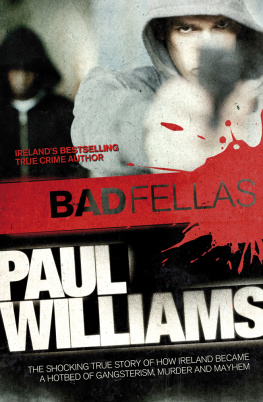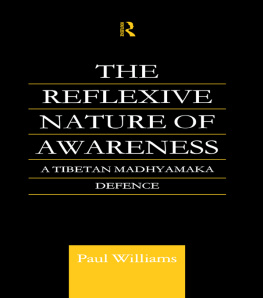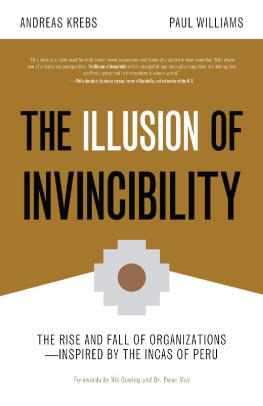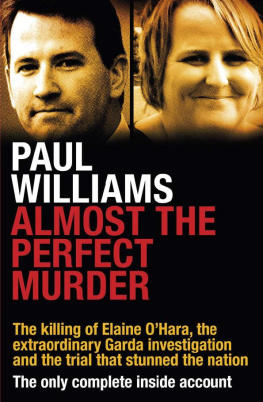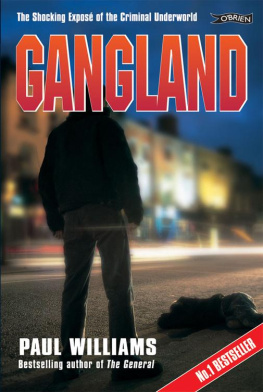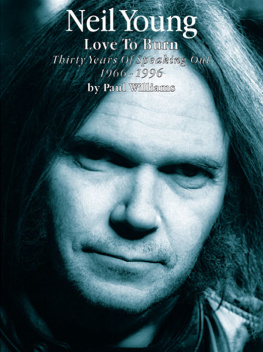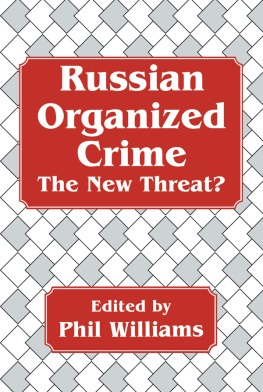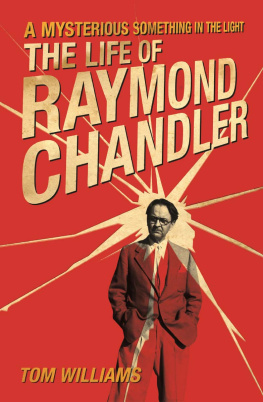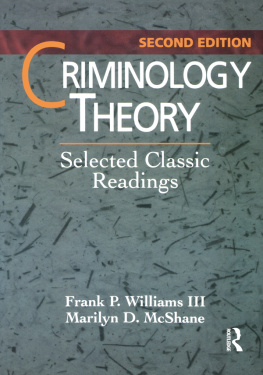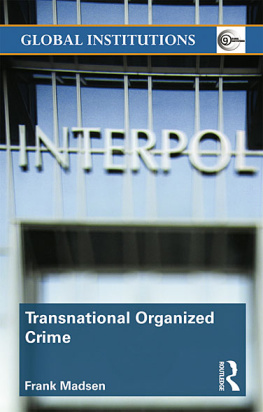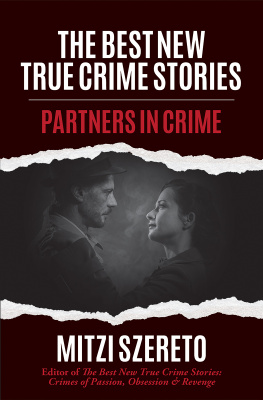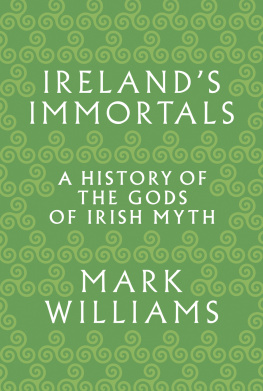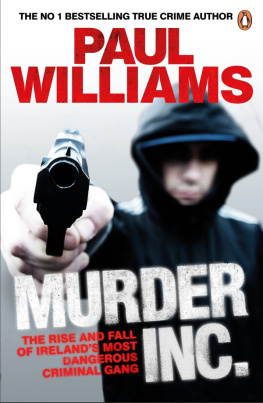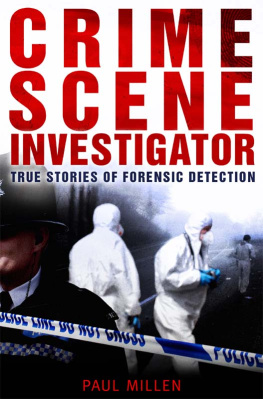
PAUL WILLIAMS
Badfellas

PENGUIN IRELAND
Published by the Penguin Group
Penguin Ireland, 25 St Stephens Green, Dublin 2, Ireland
(a division of Penguin Books Ltd)
Penguin Books Ltd, 80 Strand, London WC2R 0RL , England
Penguin Group (USA) Inc., 375 Hudson Street, New York, New York 10014, USA
Penguin Group (Australia), 250 Camberwell Road, Camberwell, Victoria 3124, Australia (a division of Pearson Australia Group Pty Ltd)
Penguin Group (Canada), 90 Eglinton Avenue East, Suite 700, Toronto, Ontario, Canada M4P 2Y3
(a division of Pearson Penguin Canada Inc.)
Penguin Books India Pvt Ltd, 11 Community Centre, Panchsheel Park, New Delhi 110 017, India
Penguin Group (NZ), 67 Apollo Drive, Rosedale, Auckland 0632, New Zealand
(a division of Pearson New Zealand Ltd)
Penguin Books (South Africa) (Pty) Ltd, 24 Sturdee Avenue, Rosebank, Johannesburg 2196, South Africa
Penguin Books Ltd, Registered Offices: 80 Strand, London WC2R 0RL , England
www.penguin.com
First published 2011
Copyright Paul Williams, 2011
The moral right of the author has been asserted
Photography Paul Bradbury/OJO Images/Getty Images
All rights reserved
Without limiting the rights under copyright reserved above, no part of this publication may be reproduced, stored in or introduced into a retrieval system, or transmitted, in any form or by any means (electronic, mechanical, photocopying, recording or otherwise), without the prior written permission of both the copyright owner and the above publisher of this book
ISBN: 978-0-14-197029-5
BADFELLAS
Paul Williams is Irelands most respected crime writer and journalist. Williams has been on the frontline of crime journalism in Ireland for almost twenty-five years exposing the crime lords and their rackets. A qualified criminologist, he has won a string of major awards for his courageous journalistic work, including Print Journalist of the year, Campaigning Journalist of the year, the Humbert Summer School International Media Award and the Irish Security Industry Associations Premier Award. His previous best-sellers include The General, Gangland, Evil Empire, Crime Lords, The Untouchables and Crime Wars. Williams has researched, written and presented a number of major TV crime series, including award-winning Dirty Money (TV3) and Bad Fellas (RT). He is a member of the internationally respected International Consortium of Investigative Journalists (ICIJ) based in Washington DC.
By the same author
The General
Secret Love
Gangland
Evil Empire
Crime Lords
The Untouchables
Crime Wars
TV Documentary Series
Dirty Money The Story of the Criminal Assets Bureau (TV3)
Bad Fellas (RT)
Dedicated to the memory of innocent businessman Roy Collins, who was murdered because his family stood up to evil. And to his courageous father, Steve, who has become a voice for the silent majority whose lives have been blighted by organized crime.
Also to the memories of all the innocent people whose lives have been cut short by Gangland killers.
Introduction
Since the late 1960s a nasty, brutal and violent parallel universe called Gangland has evolved in Ireland. Over the past four decades this dark underworld has destroyed countless lives, demoralized whole communities, and even threatened to undermine the commercial and social cohesion of an entire city. This is the world of organized crime, where life is cheap and the wages of sin are irresistibly tempting. Here power is seized by force, maintained through fear, and lost by the assassins bullet.
Badfellas is the story of how organized crime has gained a foothold in Irish society over the past forty years. It reveals how a generation of young petty thieves, delinquents and so-called revolutionaries emerged in the 1960s to bring an end to an era of superficial innocence. These new criminals were the founding fathers of Gangland. Together they ushered in a culture of guns and narcotics, murder and mayhem and an alternative economy which today is worth over 1 billion a year.
This book tells the story of how organized crime evolved in each of the four decades, illustrating how the foundations were laid for the violent gang culture we have today. Badfellas tells the stories of the major players and events which have moulded the criminal underworld. It also examines how crime levels on the streets of the Republic were influenced by the fallout from the Northern Troubles and charts how the Godfathers and paramilitaries became indistinguishable from each other and collectively tried to intimidate and undermine the wider society.
Badfellas provides a chilling insight into the phenomenon of the gangland murder, which first appeared in 1982 and which has escalated dramatically ever since. It traces the genesis of the gang wars in the Noughties, which were fuelled by the excesses of the Celtic Tiger, and claimed 200 lives in the process.
As Ireland continues to struggle under crippling debt and economic meltdown, the one group that will not accept redundancy are the citizens of Gangland. Badfellas tries to give an understanding of how we got to this stage in our social history and how the story is far from over.
Welcome to Badfellas.
Paul Williams
October 2011
PART ONE
The Late 1960s and 1970s
1. The Beginning
Easter Sunday, 10 April 1966
Soldiers, airmen and sailors paraded in step down Dublins OConnell Street, to the rousing drums of army bands. As they trooped past the reviewing stand in front of the GPO, the rumble of a 21-gun salute, coming from the grounds of Trinity College, could be heard in the background. Fighter jets and helicopters performed a flyover and then, as the Tricolour was raised, soldiers manning the ramparts on the roof fired a volley of shots in unison. Over 200,000 people were crammed into Dublin city centre, craning to catch a glimpse of the pomp and ceremony. Ireland was commemorating the Golden Jubilee of the 1916 Easter Rising and celebrating it as the catalyst of the hard-won Independence which followed. The ceremony was a hugely symbolic milestone in the history of the young Irish Republic. It was an opportunity to display the new States pride in the past and hopes for the future. Ireland was showing the world it had become a modern, peaceful, independent nation.
President Eamon De Valera, one of the original leaders of the Rising, took the salute. He stood on the steps of the historically iconic building, where fifty years earlier his comrade Padraig Pearse had read out the Proclamation of the Irish Republic to the bewildered Dubliners who were taking the air on the sunny, spring holiday. Within a week, the city centre was in ruins and Pearse and most of his fellow leaders were awaiting execution. The aftermath fuelled a new quest for freedom and was followed by the War of Independence and a treaty with Britain that led to civil war. Out of the blood and ashes emerged the Irish Free State. The Golden Jubilee remembering the Rebellion, and those who gave their lives for freedom, was an opportunity to consign the deeply divisive wounds of the Irish Civil War to the history books. The Republic was looking to the future with a new optimism.
In his address to the crowds De Valera declared: Thanks be to God the dissensions and differences we have had down here [the South], they are now past, we are all on the straight road, marching again, side by side.
Next page
